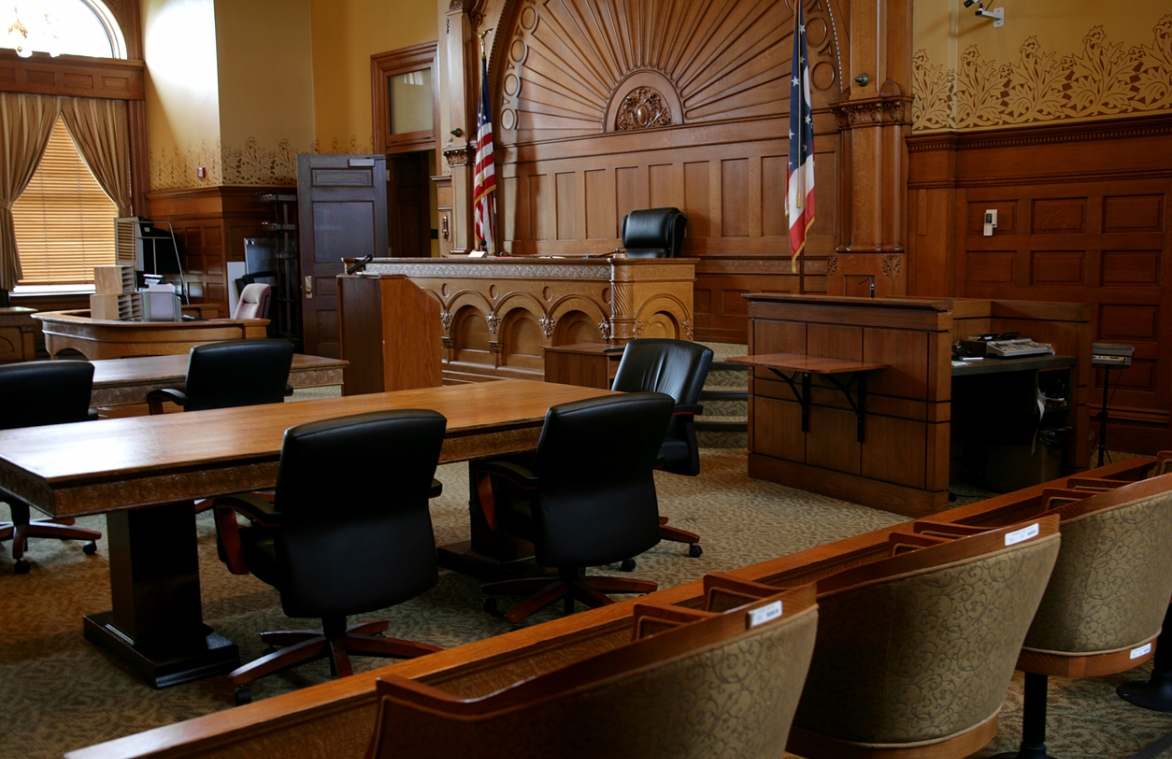A Knoxville, Tenn., city ordinance regulating sexually oriented businesses does not violate the First Amendment because the city could reasonably rely on the secondary-effects doctrine, a state appeals court has ruled.
The City of Knoxville passed a licensing ordinance in May 2005 that prohibited total nudity and touching by patrons, prohibited alcohol on the premises, limited the businesses’ hours of operations, and required the businesses and their employees to obtain licenses.
Gene Lovelace LLC, doing business as Last Chance Theatre and Musical Club 2000 and Bambi’s LLC, and other adult businesses filed a lawsuit in state court, challenging the constitutionality of the ordinance. The businesses asserted that several of the definitions in the ordinance were too vague or broad. They also argued that the businesses did not cause harmful secondary effects, such as increased crime and decreased property values.
The city moved for summary judgment, providing evidence that the sexually oriented businesses caused such harmful secondary effects. The city provided studies performed in other cities.
A trial court granted summary judgment in December 2012, but the Tennessee Court of Appeals reversed in December 2014. The appeals court reasoned that the trial court applied the wrong legal standard and should have applied the four-part test from the U.S. Supreme Court’s decision in United States v. O’Brien (1968).
The O’Brien test provides for four factors to determine whether certain conduct containing expression and non-expression is constitutional. They are:
- Whether the ordinance is within the city’s powers.
- Whether the ordinance furthers an important government interest.
- Whether the government interest is related or unrelated to the suppression of free expression.
- Whether the restriction is no greater than necessary to further the government’s interest.
On remand, the appeals court instructed the trial court to consider whether the challenging businesses had cast doubt on the city’s findings that the businesses caused adverse secondary effects. The plaintiffs presented testimony from two experts that the businesses caused no harmful secondary effects.
However, the trial court again found the city ordinance constitutional. On appeal, the Tennessee Court of Appeals affirmed in its June 11, 2021, decision in Gene Lovelace LLC v. City of Knoxville. The business had argued that the ordinance’s definitions of terms like “sexually oriented business” and “adult bookstore” were vague and too broad because the ordinance failed to leave an exemption for expression for genuine artistic merit.
The appeals court rejected these arguments, writing that it did “not find that the definitions pose a real and substantial danger to significantly compromise constitutionally protected speech and that the words are clearly and narrowly tailored to target the performances at sexually oriented businesses that cause negative secondary effects.”
The plaintiffs also had argued that the ordinance should be subject to strict scrutiny, not the lower standard of review in the O’Brien test. The appeals court rejected that argument too, finding that the ordinance targets secondary effects and, thus, is subject to intermediate scrutiny.
The appeals court also held that the plaintiffs failed to cast doubt on the city’s evidence regarding secondary effects and the city’s reliance on it.
The decision shows the broad reach of the secondary-effects doctrine and how appellate courts often rely on it even when there is some doubt as to whether sexually oriented businesses actually cause such effects.
The Free Speech Center newsletter offers a digest of First Amendment and news media-related news every other week. Subscribe for free here: https://bit.ly/3kG9uiJ
David L. Hudson Jr. is a professor at Belmont University College of Law who writes and speaks regularly on First Amendment issues. He is the author of Let the Students Speak: A History of the Fight for Free Expression in American Schools (Beacon Press, 2011), and of First Amendment: Freedom of Speech(2012). Hudson is also the author of a 12-part lecture series, Freedom of Speech: Understanding the First Amendment (2018), and a 24-part lecture series, The American Constitution 101 (2019).

